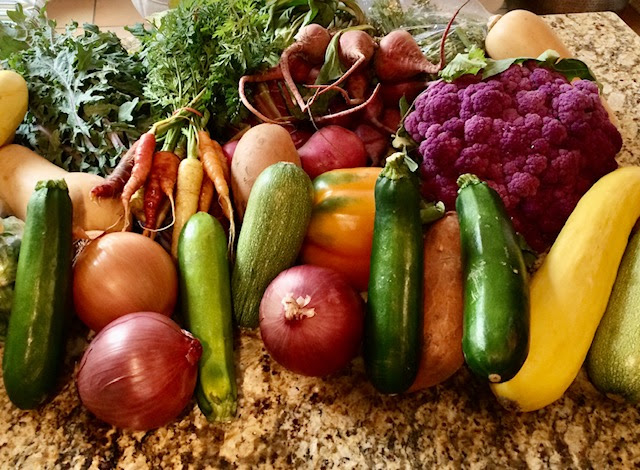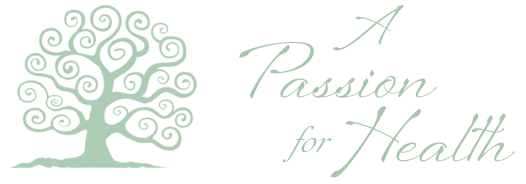As a health coach and self proclaimed health food nut, one of the most common questions people ask me is “Are you a vegan?” Although I was a vegetarian many, many years ago, my reply to this question now is, “No, I eat a mostly plant based diet.” And that’s when their eyes glaze over!
So what is a plant based diet? (I swear this is not a trick question).
Eating a plant based diet is exactly what it sounds like…..it is a way of eating whereby you are getting most or all of your calories from fresh, whole plant foods that are minimally processed or, better yet, unprocessed. In other words, pure ingredients that are in their natural form.
In terms of what you eat, a plant based diet would include whole grains, vegetables, fruits, nuts, seeds, beans and legumes. Although eating a plant based diet means prioritizing plant foods, it does not have to be restrictive like so many other diets. I like to think of plant based eating as a template that simply encourages you to eat more plant foods.
Choosing a plant based diet does not mean you have to eliminate all animal products. For some plant based eaters, animal proteins can easily be a part of their lifestyle but it’s typically on occasion rather than with every meal. And that is what differentiates plant based eating from a vegan/vegetarian lifestyle. Most vegans and vegetarians will not consume any animal products at all.
Because we know that many chronic diseases are lifestyle related, adopting a plant based diet is a much stronger predictor in preventing diseases such as cancer, heart disease, type 2 diabetes, autoimmune diseases and digestive disorders. Plants are higher in fiber and generally lower in calories, so a plant based diet is also a great way to maintain a healthy weight!
Another reason people are choosing to eat plant based is that it reduces your carbon footprint. Did you know that one serving of meat has more greenhouse gas emissions than twenty servings of vegetables? Something to consider for sure!
When I tell people I eat a plant based diet, more often than not they ask, “but where do you get your protein?” While most people think of animal based proteins as the only source of protein, there are actually many healthy plant based proteins as well. Beans, nuts, seeds and whole grains are all sources of plant based protein, not to mention they are full of vitamins and minerals, so meeting your protein needs is actually easier than you may think.
I have been following a plant based diet for quite a few years now. This was a fairly easy transition for me because I have been a lover of vegetables for as long as I can remember. Although the majority of my meals are completely plant based, I do eat fish, usually wild salmon (or sardines), about once a week.
If the idea of switching to a plant based diet seems a little intimidating, take it one step at a time. In order to make lasting change, it’s important to go at a pace that feels comfortable for you.
My recommendation for a starting point would be to implement one or two small changes each week. For example, if you eat meat every day and you want to reduce your intake of animal products, start with one day a week where you eliminate all animal products. This can be relatively easy and yet it will still have a profound effect on the environment and on your health.
As you think about how you can enhance your life with more whole plant foods, know that this is not about some fad diet. This is about planting the seeds for a healthier way of life. A diet rich in simple, nutritious whole foods will not only provide your body with an abundance of nutrients, but at the end of the day, it has the potential to shape your destiny.


